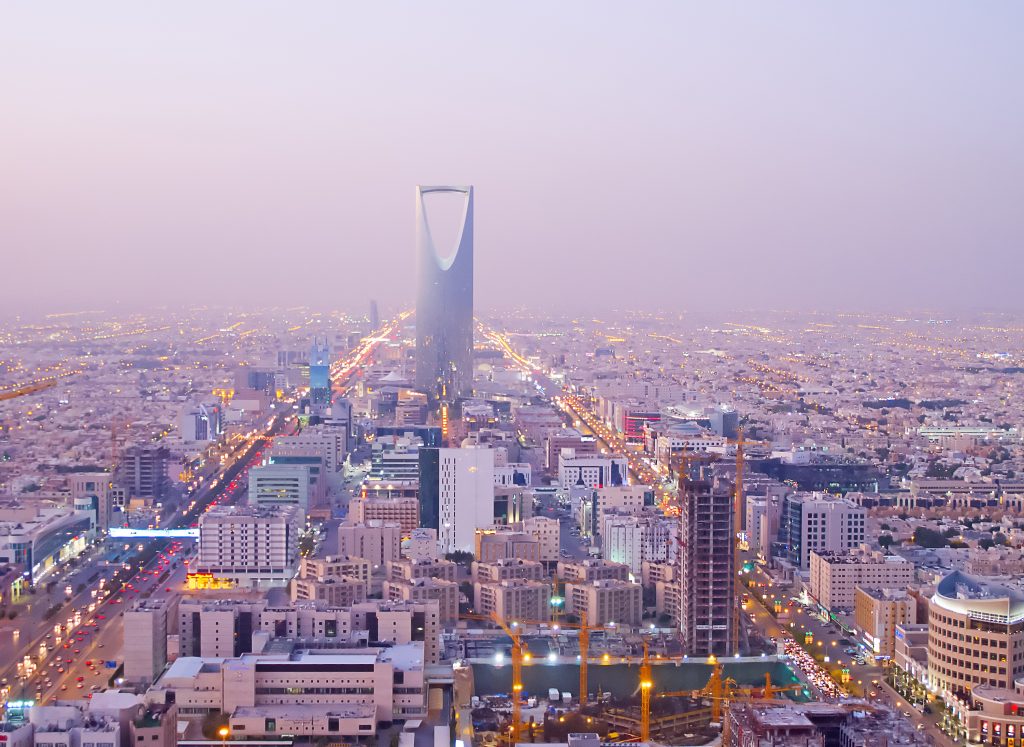Saudi Arabia’s Finance Minister Mohammed Al Jadaan revealed at the Saudi Capital Markets Forum that the nation’s non-oil economic growth is anticipated to exceed 5% in the coming years. This projection is marginally lower than the previously estimated 6% but is still poised to surpass regional growth rates this year.
“If you look at the non-oil GDP, it is growing at very healthy numbers: 4% and north of 4%. We are expecting 5%-plus in the medium term,” Jadaan expressed, emphasizing the strength of this growth.
The kingdom, which is the world’s leading oil exporter, is pushing forward with its economic diversification initiatives as part of Vision 2030. This strategic framework is designed to cultivate sectors such as tourism and industry, enhance the private sector’s role, and foster job creation.
Last year, non-oil sectors significantly outpaced the growth of the oil sector, bolstering the overall economy which had previously decelerated due to reductions in oil production and declining prices.
The International Monetary Fund (IMF) projected that non-oil growth across Gulf Cooperation Council (GCC) member states, including Saudi Arabia, will be just under 4% this year. The IMF anticipates a 3.9% growth rate in 2024 and a 4% rate in 2025 for the region.
Despite cutting its 2024 GDP growth forecast for Saudi Arabia to 2.7%, the IMF still believes non-oil growth will remain “robust” in the kingdom.
Previously in October, Jadaan predicted that non-oil GDP would experience an approximate 6% growth rate in 2023 and potentially continue through to 2030. However, non-oil GDP experienced a 4.6% growth in 2023, while the overall GDP saw a contraction of 0.9%.
With expectations of increased government spending, analysts suggest that domestic growth will be stimulated, further supporting the non-oil GDP. Nevertheless, this may lead to a fiscal deficit around 2% for the current year.
Jadaan highlighted the kingdom’s resilience, bolstered by economic and social reforms, including significant reductions in fiscal deficits—from 15% to less than 2%. These reforms have equipped Saudi Arabia with the means to effectively handle external disturbances, such as the COVID-19 pandemic and geopolitical uncertainties.
“We transform socially. We transform economically. We transform in fiscal policy, where we brought all the budget deficits down from 15% to 2% or even less than that. That is how a country becomes more resilient and deals with these shocks,” Jadaan stated in Riyadh.
